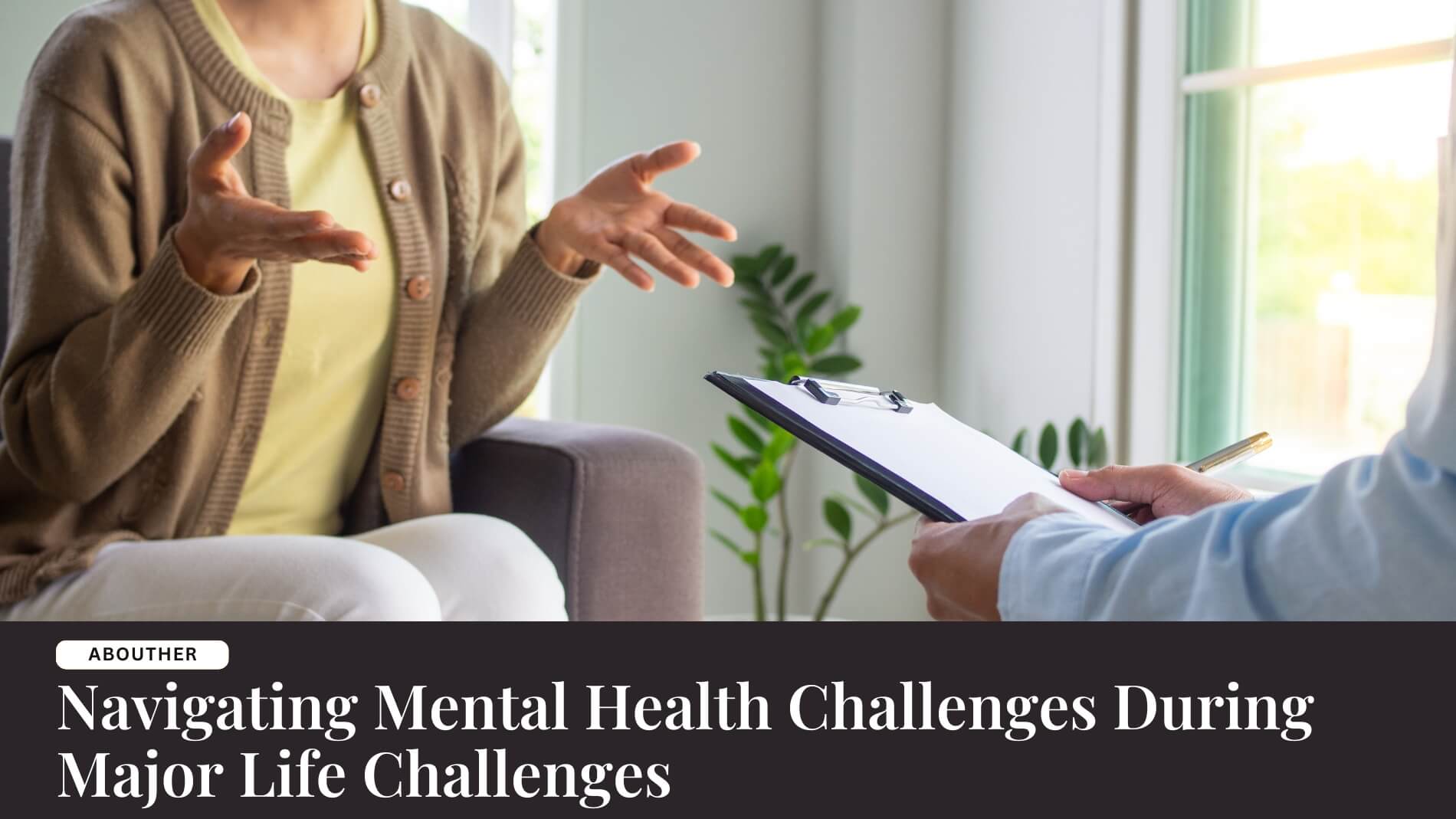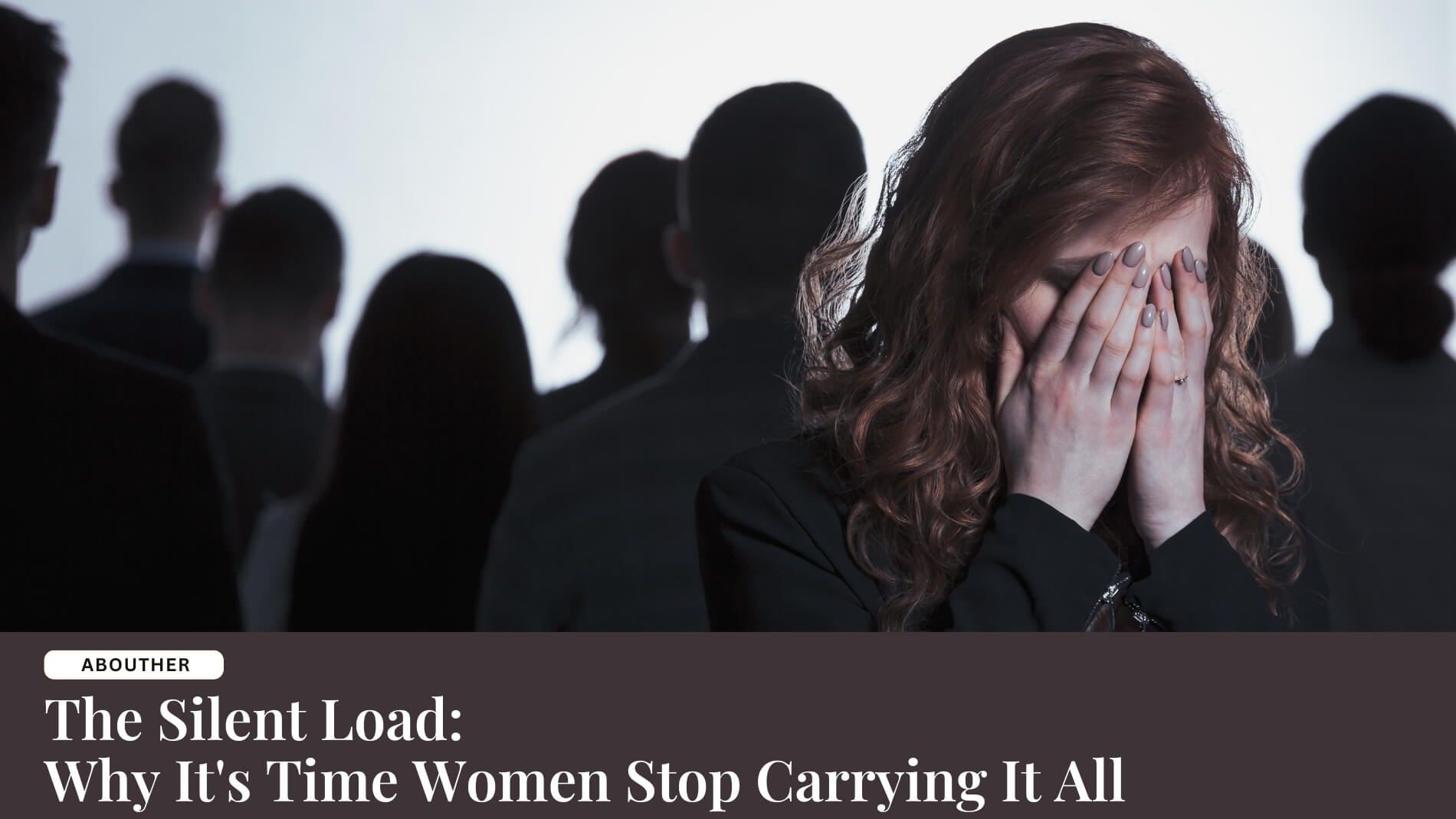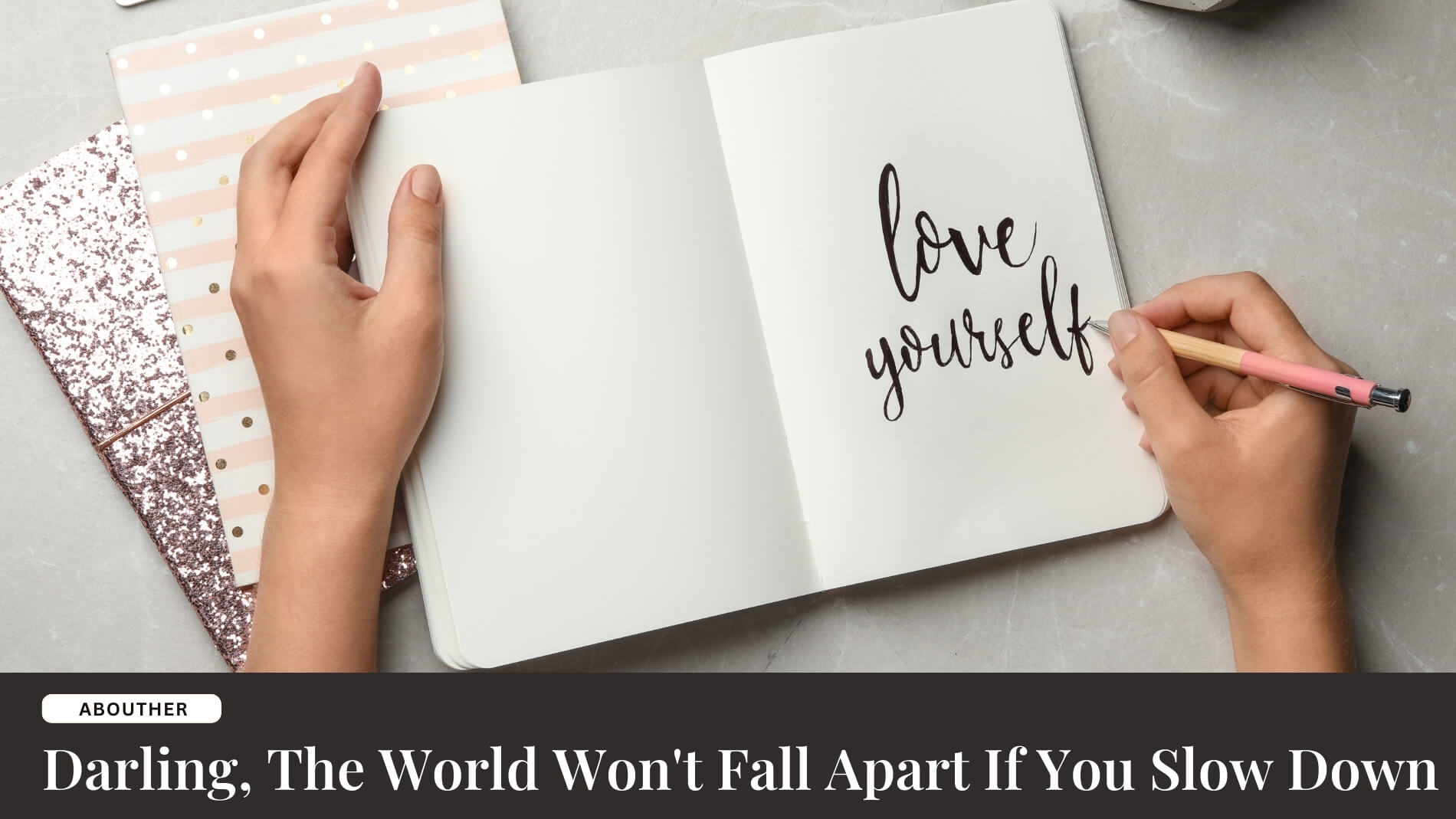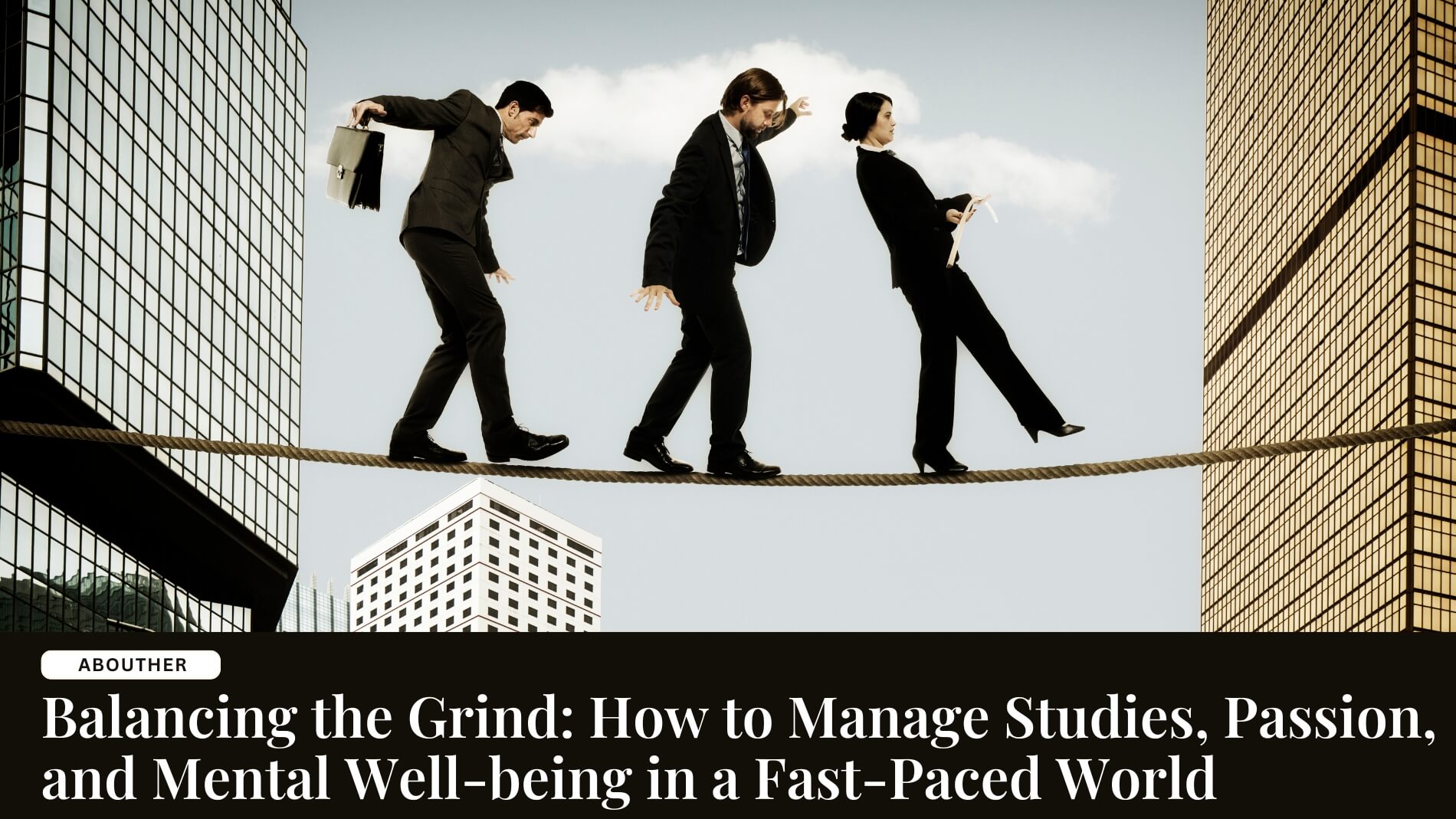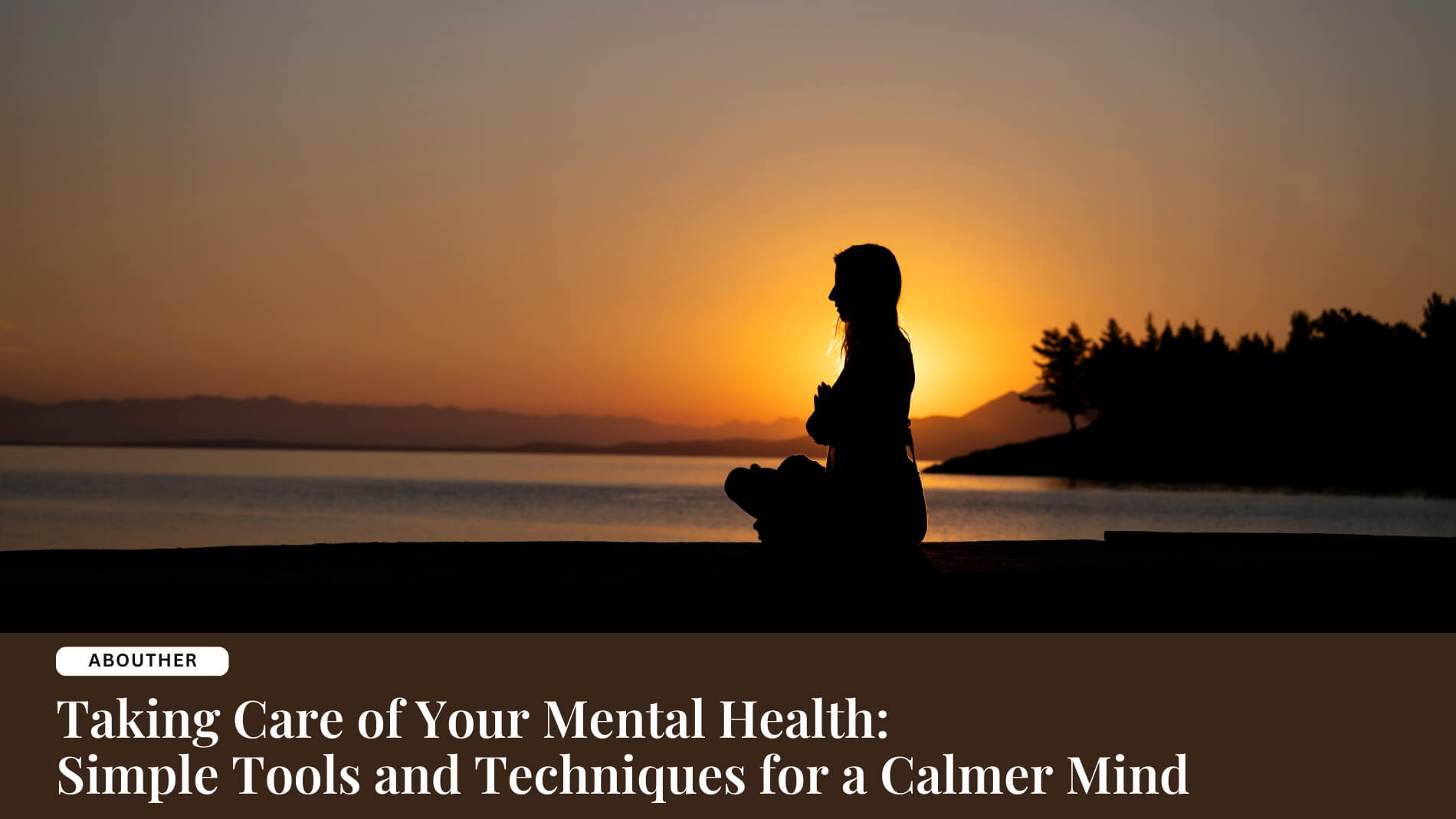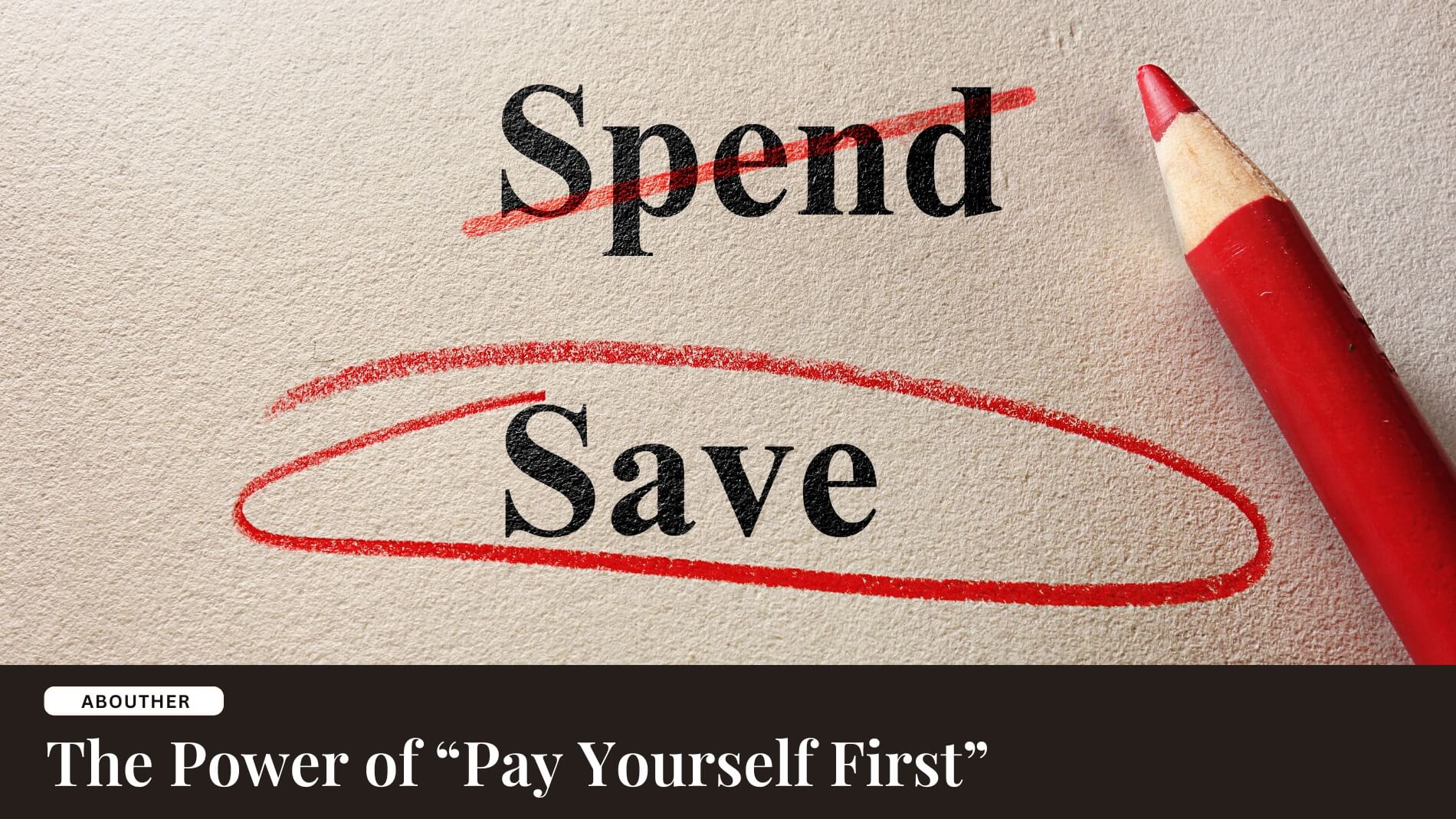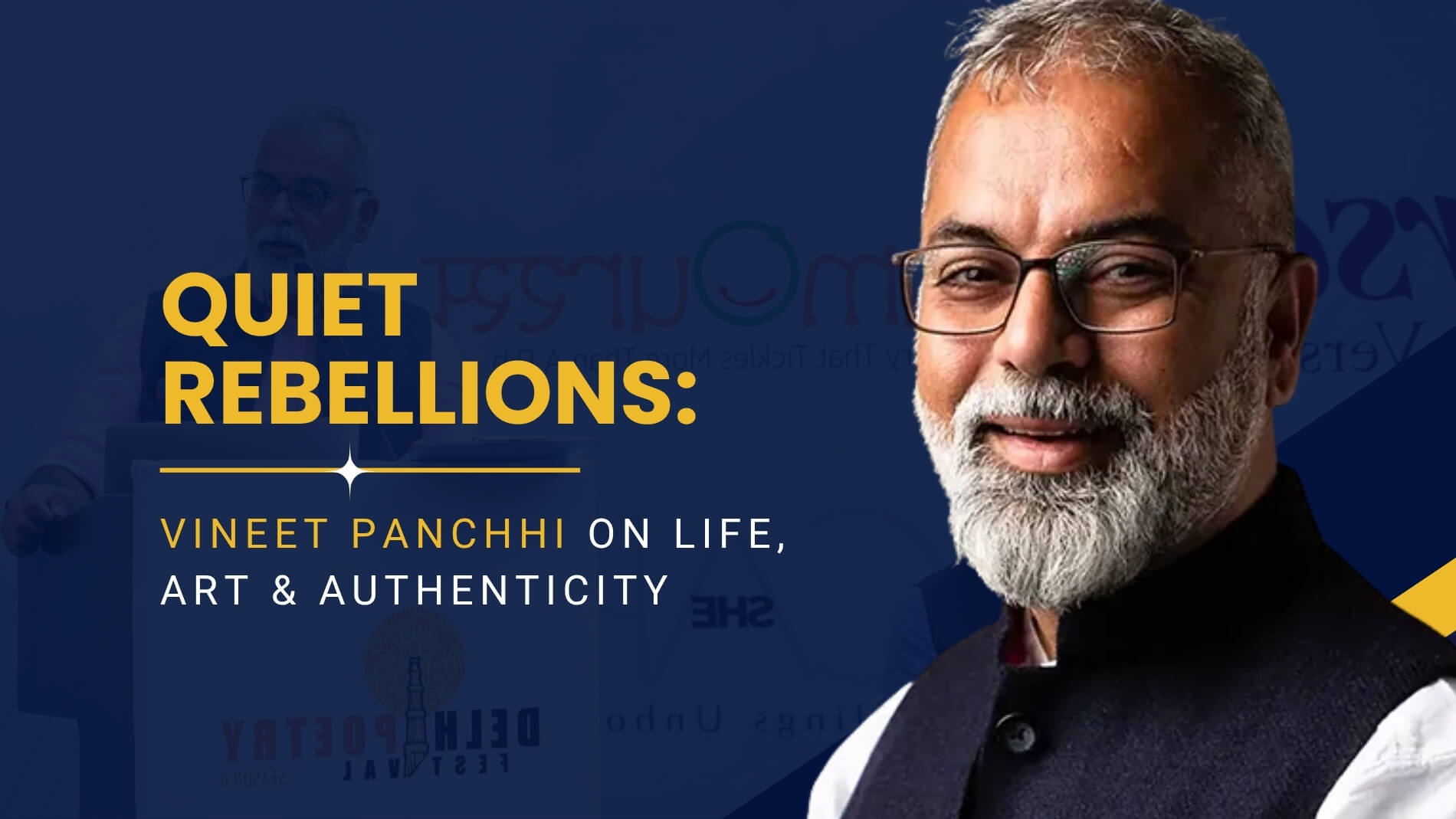Navigating Mental Health Challenges During Major Life Challenges
Life transitions are those moments when one chapter ends and another begins. They’re challenging, yes, but they also open the door to growth.— Dr. Abigail Brenner.
Whether starting a new job, becoming a mother, or facing an empty nest, major life transitions can stir up a whirlwind of emotions. For women, these changes often go beyond the external shifts—they can impact identity, self-worth, and mental well-being. Navigating these moments isn’t just about adjusting to new circumstances; it’s about taking care of your mental health along the way.
Think about it—most life transitions don’t come neatly wrapped in excitement or joy. Take motherhood, for instance. Everyone tells you it will be the most beautiful experience of your life, but what about those sleepless nights, the constant feeding, and the feeling that you’ve lost a piece of yourself in the process? Many women, like Priya, find themselves grappling with postpartum depression, even though they’re told it’s supposed to be a magical time.
Priya shared, “I felt so guilty for not being able to enjoy motherhood the way I thought I should. Everyone said I’d feel this instant bond with my baby, but I just felt lost.” Priya’s experience isn’t uncommon. Studies show that nearly 20% of new mothers face postpartum depression, but so few talk about it. For women going through such transitions, it’s important to remember that it’s okay to feel conflicted emotions. This is a time of immense change, and it’s only natural to feel overwhelmed.
Or consider Meera, who, after dedicating 25 years to her career, found herself at a crossroads when she decided to retire. On the outside, she seemed to have it all together—a successful career, a loving family, and the freedom to finally relax. But inside, she felt lost without the structure and purpose her work had provided. “I thought retirement was going to be like hitting the jackpot. Instead, I found myself feeling restless and wondering, ‘What’s next?'” Meera said.
The truth is that major life transitions can stir up feelings of loss, confusion, and uncertainty, even when we expect them to be joyful. It’s perfectly normal to feel unsettled when your world shifts. What matters is how you navigate through these feelings.
Let’s face it: women are often expected to have everything together. But when life throws a curveball, it’s important to take a moment and check in with yourself. Rather than pushing your feelings aside, giving them space can be a powerful first step toward healing.
Also Read: Why Women Neglect Themselves: Understanding the Barriers to Self-Care
Take the example of Anjali, who recently went through a divorce after 15 years of marriage. “I kept telling myself that I needed to stay strong for my kids and not show my sadness. But inside, I was falling apart,” she shared. Like many women, Anjali felt pressure to appear strong and put together, even though her world was crumbling. However, it wasn’t until she started acknowledging her grief that she found her way to healing.
Dr. Lisa Firestone, a clinical psychologist, emphasizes, “One of the best ways to take care of yourself during a transition is to validate your own feelings. Accepting your emotions as they are, rather than pushing them away, is key to moving through the process of change.”
For Anjali, once she began to embrace her feelings—anger, sadness, fear—she realised she didn’t have to be perfect or have all the answers right away. She allowed herself to feel vulnerable, which made all the difference.
Navigating life changes can be tough, and the last thing you need is to be hard on yourself. Yet, so many of us fall into the trap of self-criticism, especially during moments of uncertainty. When Nisha left her job to care for her ageing parents, she constantly worried she wasn’t doing enough. “I felt like I was failing at everything—at work, home, and as a daughter. I kept thinking, ‘Why can’t I manage it all?'” she said.
This is where self-compassion becomes crucial. Dr. Kristen Neff, a leading researcher on self-compassion, explains, “When we’re going through a difficult time, treating ourselves with the same kindness and care as we would a good friend can significantly reduce our stress.”
For Nisha, learning to be kinder to herself was a game-changer. She realised that it wasn’t about being perfect—it was about doing the best she could with the resources she had. Neff’s research shows that practising self-compassion can significantly lower anxiety and boost resilience. So, the next time you catch yourself being overly critical, pause and ask yourself, “Would I say this to a friend?”
If there’s one thing that can make navigating a life transition a little easier, it’s a solid support system. This could be your family, friends, or even a professional therapist. Having someone to share your feelings with, especially when you’re feeling vulnerable, can provide the emotional validation we all need.
Consider Kavita, who found herself overwhelmed after her youngest child left for college. “I didn’t expect the empty nest to hit me this hard. I thought I’d be happy to have more time for myself, but instead, I just felt lonely,” she said. Kavita joined a local support group for women going through similar transitions, and it made a huge difference. “Hearing other women talk about their experiences made me feel less alone. It gave me hope that this feeling was just a phase.”
A strong support system helps women process their emotions, gain perspective, and find comfort during difficult times. As Brené Brown, a renowned researcher on vulnerability, says, “Connection is why we’re here; it is what gives purpose and meaning to our lives.” Whether you turn to friends, family, or a therapist, knowing you have a community to lean on can be the anchor you need during times of uncertainty.
In addition to emotional support, there are practical ways to manage your mental health during transitions. For instance, mindfulness practices, like meditation or journaling, can help reduce anxiety and keep you grounded. A study published in the Journal of Anxiety, Stress & Coping found that women who practised mindfulness regularly experienced lower stress levels during major life changes.
Physical activity is another powerful tool. Whether it’s going for a walk or practising yoga, movement releases endorphins that can boost your mood. When Shalini was navigating the stressful process of a career change, she found solace in daily walks. “I didn’t think a simple walk could help so much, but it became my way of clearing my head,” she said.
Also Read: How Damini Grover Discovered Her True Self and Began Empowering Others
And remember, it’s okay to take things one step at a time. Break big tasks into smaller, manageable ones, like updating your resume or taking an online course if you’re transitioning careers. As the saying goes, “The journey of a thousand miles begins with a single step.”
At the end of the day, life transitions are a part of the human experience. They may be challenging, but they also present opportunities for growth and self-discovery. It’s about giving yourself grace, leaning on your support system, and trusting that you’ll find your way through.
As Brené Brown so wisely says, “Vulnerability is not winning or losing; it’s having the courage to show up and be seen when we have no control over the outcome.” By embracing vulnerability and being kind to yourself, you can navigate life’s transitions with strength and resilience.
Share This On Social
![Sangeeta-Relan-AH-525×410[1]](https://slategray-flamingo-696901.hostingersite.com/wp-content/uploads/2024/06/Sangeeta-Relan-AH-525x4101-1.jpeg)
I’m Sangeeta Relan—an educator, writer, podcaster, researcher, and the founder of AboutHer. With over 30 years of experience teaching at the university level, I’ve also journeyed through life as a corporate wife, a mother, and now, a storyteller.
Recent Posts

